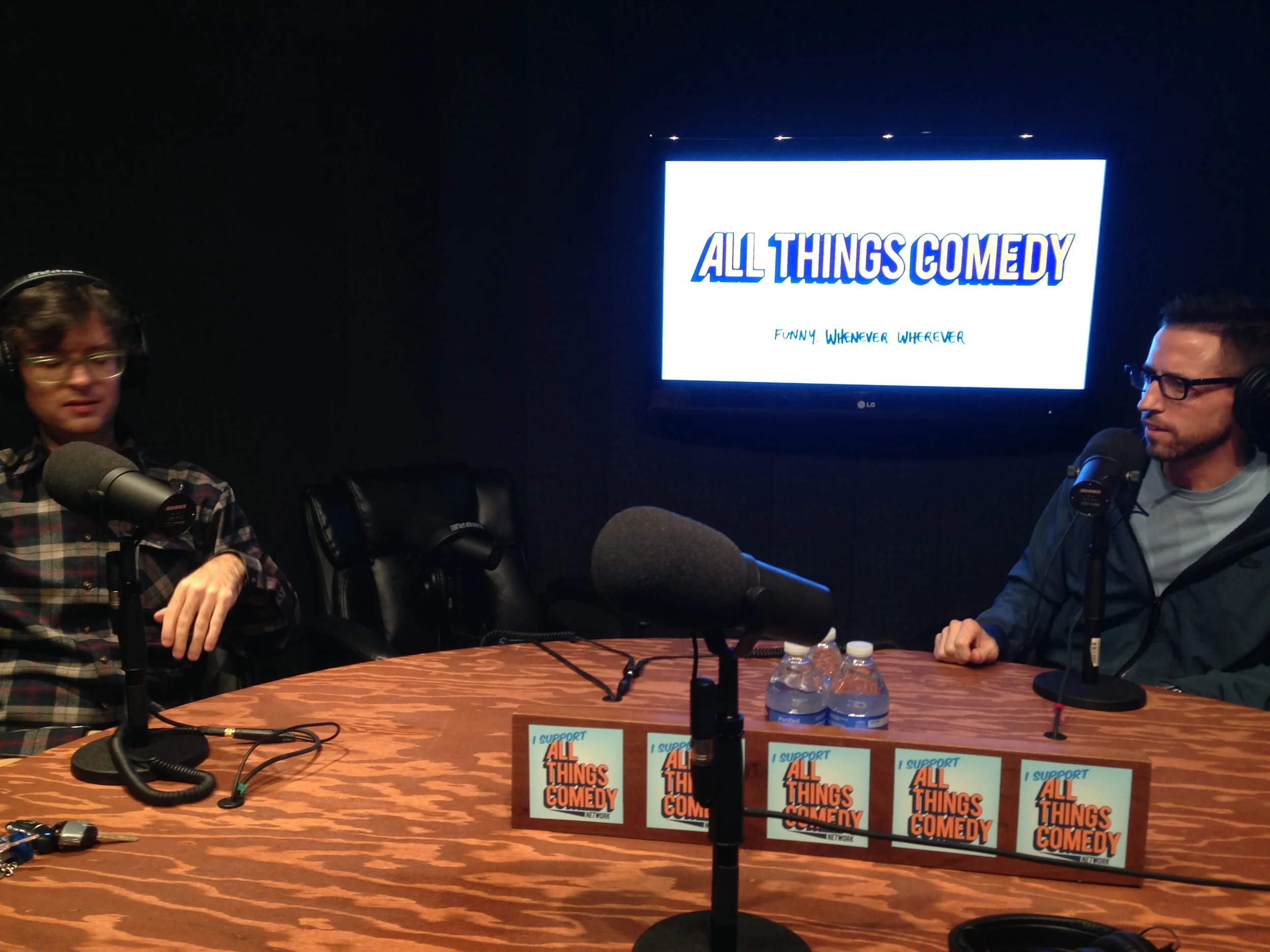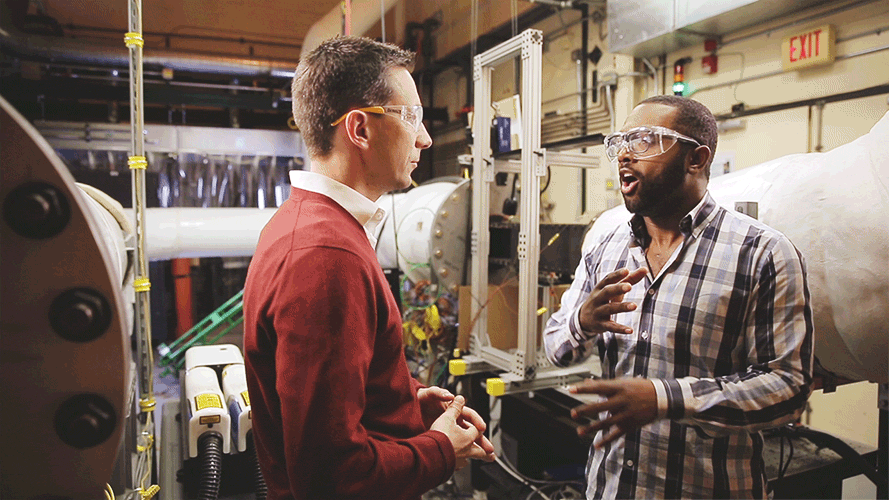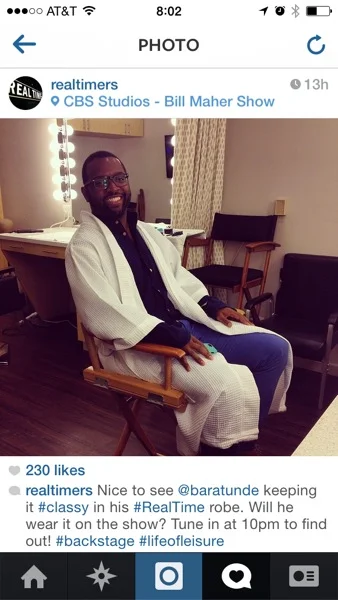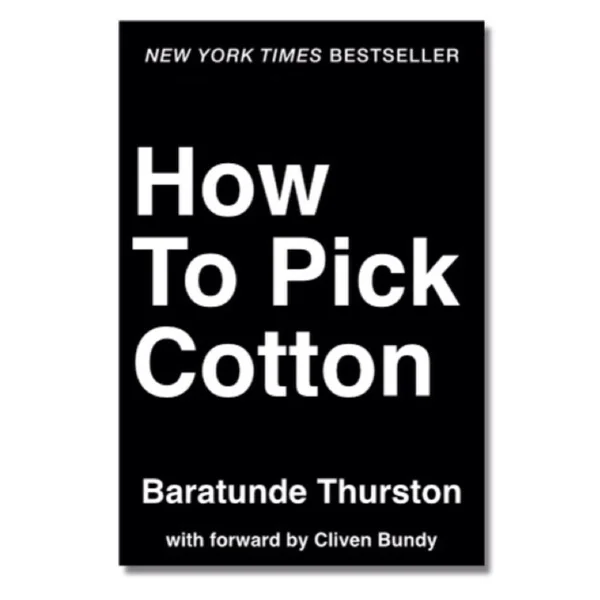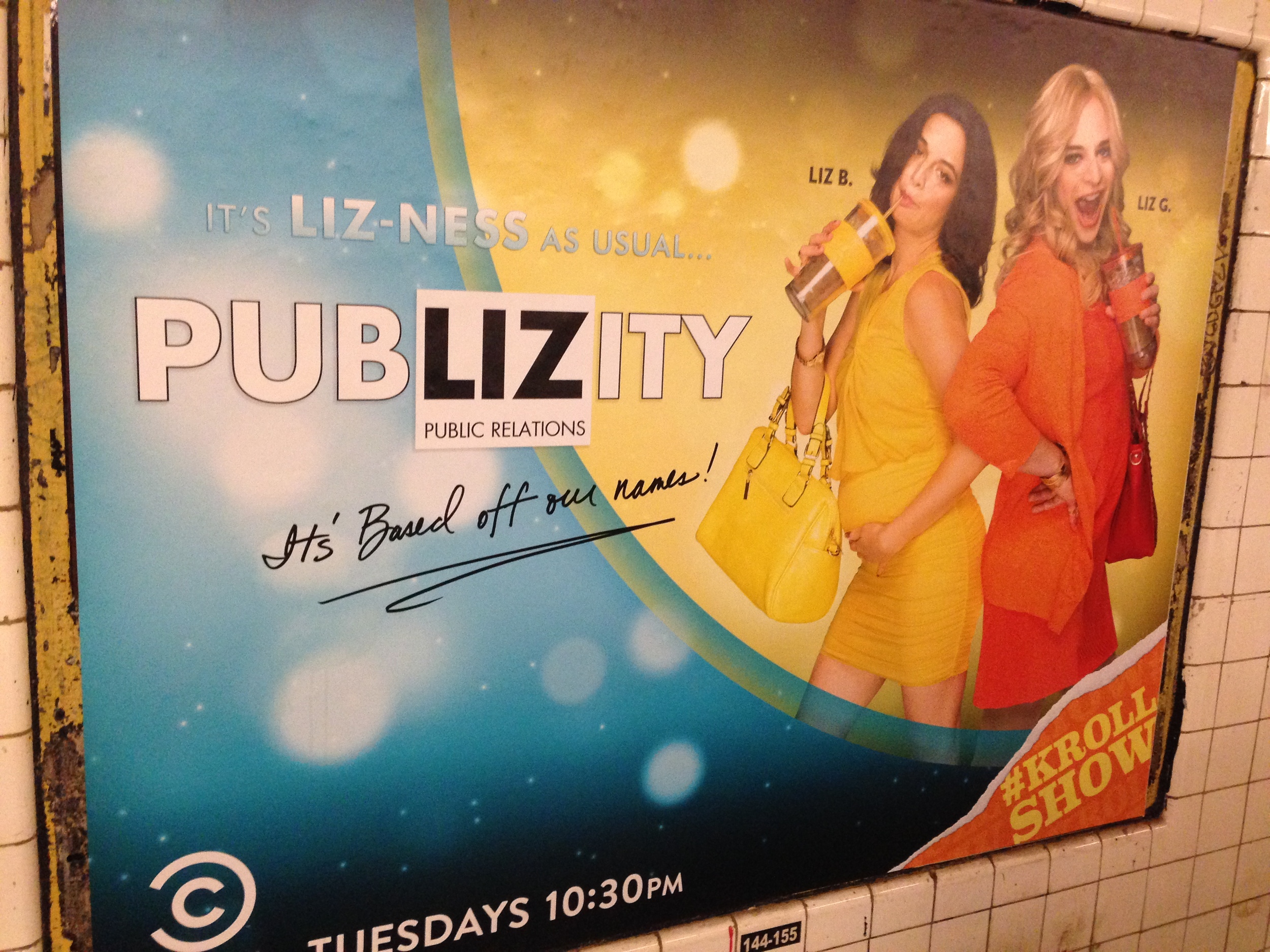Jamilah Lemieux, Baratunde Thurston (me), Kathleen Madigan, Keith Robinson
Left: Moshe Kasher. Right: Neal Brennan. Center: Some technology.
Wednesday was a long and hard day. The shock of no indictment from the Staten Island grand jury in the homicide of Eric Garner was weighing heavily on me. Having spent all day immersed in the story for discussion on TakePart Live that night, I was exhausted. So when Moshe Kasher reached out to invite me onto The Champs, I initially wasn't sure I'd have the energy to add 90 minutes of podcast talking at the end of the day.
I was wrong, and I'm so glad I joined. Moshe, Neal, and I went in. It was real and rough and somehow funny. One of my friends heard it on Facebook and said, "It's funny how The Champs is far and away the most important and interesting black podcast in the game right now."
This episode is definitely my most interesting and important podcast moment of 2014. Take a listen. Revel in the discomfort. Be relieved by the jokes. And then do something.
I joined Pivot TV as co-host of TakePart Live. This means that yes, I live in Los Angeles OMG. The announcement of this gig was a fun thing. Here's how my company Cultivated Wit told the world. And here's the Variety story, with my full name in a Variety headline for the first time ever.
For a flavor of the show, check out this clip from last night's episode.
Here's a link as well.
In many ways, the goal of this talk was to focus and update my 2012 SXSW keynote about the importance of applying humor to many of our interactions in society: political, media, technological. I wanted this talk to hone in on the relationship I see between how we are currently building our future, what's missing, and make a compelling case for the unique humanizing value of humor to be integrated into that future design.
Shorter: jokes be funny and stuff.
For an entire enterprise devoted to the ideas expressed in this talk, check out my company, Cultivated Wit and especially our world of Comedy Hack Day.
Several weeks ago I got an email from someone claiming to work for the Wall Street Journal who wanted to interview me. "Too soon!" I thought. I had not yet perfected my doomsday domination of all the world's capital nor fully implemented my plan for reverse colonialism (which imposes a hefty licensing fee when people like Miley Cyrus decide to twerk or whatever). But, "better too soon than never!" I thought.
So I spent about an hour on the phone with their reporter discussing the broad topic of "independence." We ended up talking a lot about the shame of dependence, and the section they printed reflected that part of our conversation. They interviewed six "luminaries" which means I'm a luminary! I need to start saying more luminarious things like "The key is not to open the door but to let the door open you!".
Anyhow, they interviewed Jonathan Adler, Nadya Tolokonnikova (Pussy Riot), Diane Von Furstenberg, Richard Ford, and Diana Nyad. We had very different things to say. I'll pull quote my own but you should read the entire page. It's quite thoughtful and dare I say illuminating.
Independence means nothing without the concept of dependence. Independent from what? In this country, we're fond of the idea of independence being founded in opposition to something. We've got all these legends and myths in America about rugged individualism. There's almost a sense of shame associated with dependence. But dependence is where society comes from, why families stick together, why churches work. Things are shifting, and some of the tools and language of emerging businesses are more about interdependence than independence, but the overall narrative of the country is still very much: We're on our own.
—Thurston is the author of the book How to Be Black and cofounder and CEO of the digital agency Cultivated Wit.
Sincerely,
#stippletunde
When Facebook decided to copy Twitter and launch its own version of trending topics, I was all whatever about it. Then I noticed the brief but absolutely helpful context Facebook offered in its version. It reminded me of the short-lived Twitter client Brizzly which I used mostly because it explained what the fuck people on Twitter were talking about. Just take a look at Twitter's trending topic (left) list vs. Facebook (right) to see why this is helpful.
But then the World Cup (like it did for vuvuzelas) changed everything. Without a doubt the Twitter mobile experience of the World Cup is superior to what Facebook offers through a full browser.
Facebook basically gives you non-prioritized feed of crap related to the current match, which is something Twitter used to be known for -- feeds of crap. Facebook also offers recent match results and a countdown timer to upcoming matches. The latter is useful and interesting, but doesn't come close to what Twitter provides. Here's the Facebook World Cup page:
Facebook's inferior curation of World Cup-related Facebook content leaves much to be desired.
Meanwhile, unlike the noisy and confusing generic trending topics list, Twitter has bothered to organize your experience of the World Cup on mobile. The main screen says "Get instant updates and all the behind-the-scenes action from World Cup 2014," then offers three tabs: Tweets, Photos, and Matches.
When you go to Matches, like Facebook you see the score of any current match, and you see the upcoming time for the next three matches. Most interesting, you can click on a match and just look at Tweets and Photos for that match. Bonus offer is the "People" tab under a single match which shows and gives you the option to follow accounts related to either team. Here's what that People tab looks like.
Twitter shows you how it's done when offering deep social coverage of a live event series.
The World Cup really drives home the differences in what Facebook and Twitter offer. For a surface level understanding of a trending topic list, Facebook wins hands down. With Twitter, you're left wondering, "WTF is #5SOSTheAlbum, and why should I care?" Facebook solves it with a caption, and if you click on a single topic, you get actual news stories that are relevant and not just a bunch of Blieber wannabes declaring their love.
But when it comes to depth of coverage for a live event, at least one on the order of a World Cup, Twitter shows you that it can truly help you make sense of that event and bring you closer to it by bringing you the images and people involved.
Now I just have a few demands of both companies:
- Twitter, please copy the Facebook/Brizzly model of offering a 60-100 character explanation of what the fuck is going on in your left column from a trending topic perspective.
- Facebook, please copy the investment Twitter has made in the World Cup. You've got too many users across the planet to not help them all make more sense of what's happening. Do a better job of integrating, packaging, and segmenting all the bits. You'd be much better if you simply copied the Twitter build, but given your size and relationships, you could integrate media (especially video) and my friend network in more interesting ways. Just at "see which of your friends gives a shit about the World Cup" would be valuable and might lead to some un-friending of folks who can't be bothered with the greatest event series in world history.
- Twitter, please don't limit your organization of the chaos to the World Cup. I would love to see this model applied to other major shared events like the Super Bowl, Oscars, Presidential Debates, and more. It helps if the event is more than a few hours, so the NCAA Tournament seems especially worth it, but long term I'd love to see it applied to anything truly newsworthy, as opposed to just popular-among-children-who-neither-vote-nor-know-anything.
That seems to me a pretty humble request, and as an active user on each of your platforms within the first year of your existence, I feel justified in saying, come on let's get to it!
The headlines are:
"Had Fun"
"Enjoyed Watching Sister Simone Take Dinesh D'Souza To Church"
and "They Gave Us Bath Robes"
Being on the show was actually great. The live audience was, well, live! Bill was a mix of smart and hilarious and wrong. The staff was great to work with, and I met the first ever makeup artist to carry eyeglass cleaner in her kit. Hugs forever. Most of the world missed my appearance, but here are some options.
- If you have Home Box Office To Go, you can watch the full episode (#317) at your leisure
- You can watch the "Overtime" post-show segment on YouTube
- And HBO has a collection of clips from my episode they don't charge you for, so let's hear it for proprietary video players, am I right??
- Or you can come over to my apartment in Brooklyn, and we can watch together. I have a TV.
So inspired by Cliven Bundy am I.
A photo taken with my smartphone in the NYC subway system. Photo credit goes to me and my ancestors and the scientists that developed my smartphone along with the underlying technological developments on which they innovated. Thanks history!
That's about all I have to say. This show makes me laugh out loud a lot, and Nick Kroll is ridiculous. It's because of his name.



